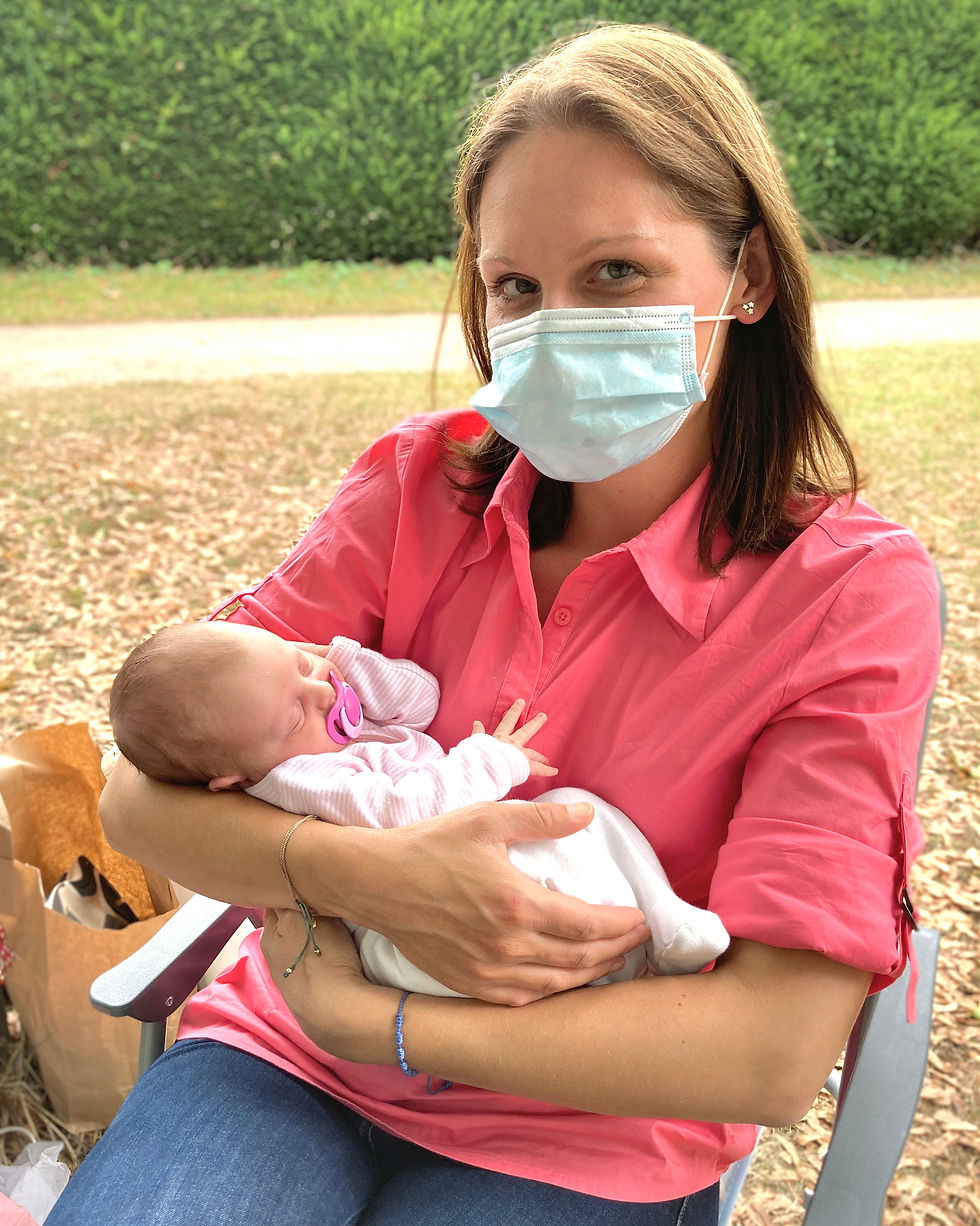Maternal Mental Health Week (2nd - 8th May 2022)
- Serena Williams

- May 3, 2022
- 2 min read

Why is Maternal Mental Health so important?
The main thing to realise is that Maternal Mental Health doesn’t solely affect a mother, but it also affects her children, the relationships she has with others and as a result, society as a whole.
The NICE - National Institute for Health and Care Excellence guidelines state: 'Perinatal mental health problems affect up to 20% of women with an estimated cost of almost £10,000 per birth. (…) If left untreated, perinatal mental health problems can have significant and long-lasting effects on the woman and her family, as well as on children’s emotional, social and cognitive development’.
Improving Maternal mental health shouldn’t be seen as 'a tick-box exercise' where installing an APP will solve all the challenges and issues women face.
Why though, when there are benefits to mental health apps?
Because each woman experiences something completely unique to her during this time. What was her journey like to getting pregnant? How has her pregnancy been, how did her birth go? How was her mental health before getting pregnant? Every single one of us is different, so the type of support required can’t possibly be a 'one size fits all' approach and here’s why...
The perinatal period (from pregnancy to about a year after the birth of their baby) is a time of huge transition for women, on so many levels: physically, mentally, emotionally and socially. As humans, women need connection, communication, compassion and support from the right people during this vulnerable time, which will impact them for the rest of their personal, and professional life.
Mothers aren’t robots who need 'rewiring', they’re human beings who need targeted support, understanding and the right people around them at a time when they’re at their most vulnerable.
We live in a world where we are increasingly living further away from family and friends and our close support networks, in addition to the fact that we’ve just gone through two years of lockdowns, restrictions and pressures due to the global pandemic and have an even more stretched NHS service. As a result, there are a myriad of challenges mothers face, but solutions are out there and they truly don’t involve rocket science, merely the right support at the right time.
Poor Maternal Mental Health isn’t a ‘woman issue', it’s an ‘everyone issue’.
We all need to do what we can to support women during the perinatal period, which in turn supports children, families and wider communities.
If you’re a mother, how was your experience of the perinatal period? Please share something about your experience, you never know who may be reading this and who will benefit from reading about your experience.




Comments